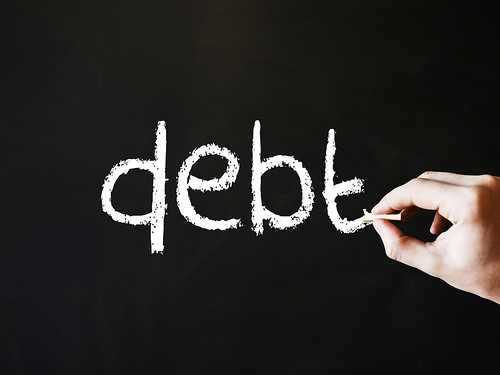
It’s very important to prepare a written budget. Include details of your income and expenditure. Your outgoings should include:
– Mortgage/rent
– Gas
– Groceries
– Health
– Education
– Travel
– Clothing & Footwear
– Utility expenses
– Phone
– Credit card loans
– Bank loans
– Other loans
– Leisure expenses.
Seeing your expenses written down in black and white can be daunting but it does ensure that you won’t offer to pay back what you cannot afford. Your budget should allow for seasonal adjustments, for example, winter time brings large heating costs, Christmas expenses and larger clothing costs whereas summer time can bring more leisure expenses during vacation time or when children are off school.
Set priorities
You cannot pay what you cannot afford. While all bills and debts are important, there are certain expenses that are non-negotiable, like housing, food, education, health, light and heat. If driving to work or driving your children to school is absolutely necessary, then gas, motor insurance and motor repairs costs are also high priority expenses. Second-level priorities, but certainly not unimportant ones, would be debt repayments, clothing, footwear and leisure expenses. You need to be honest too. If you smoke and drink, what’s the point of ignoring those things? Unless you’re going to quit soon, you need to add alcohol and tobacco costs to your budget.
Contact your creditors
As soon as your budget has been written down, you need to be brave and contact your creditors. Once you know what all your first-priority expenses are, you will know how much is left over to pay your debts (and other expenses). So knowing that you cannot pay the full repayment installments to each creditor, how much should you pay? You need to look at the interest rates of each loan and the higher the interest rate (for example credit card debt) the more you should try to pay to that debt. The amount of the loan is very important too so, for example, if you have three loans for: 20,000, 5,000 and 1,000 it’s not a good idea to pay them all $20 each. Try to scale your repayments to pay a fair amount to each one. Write to each creditor, outline your current situation, explain that you want to create a new payment plan and propose a certain repayment amount each week or month. Follow each letter up with a phone call so that they know you are serious about sorting our your debts.
Remain determined to follow your budget
Making out a budget can be illuminating and even exciting because, difficult as it is to face up to your debts, the decision to do so can be very fulfilling. However, this sense of fulfillment can quickly taper off and you might become disillusioned and weary of your restrictive budget. However, it’s very important that you re-examine your budget regularly and that you remain determined to stick with it. Remind yourself that you are being pro-active and give yourself a pat on the back for tackling your problems head on.
Self-discipline in getting out of debt can be VERY hard. That’s why maybe finding and reconnecting with a person who you think helped you with your self-discpline may be good idea. See this people search free article if you want to get started on doing that.
